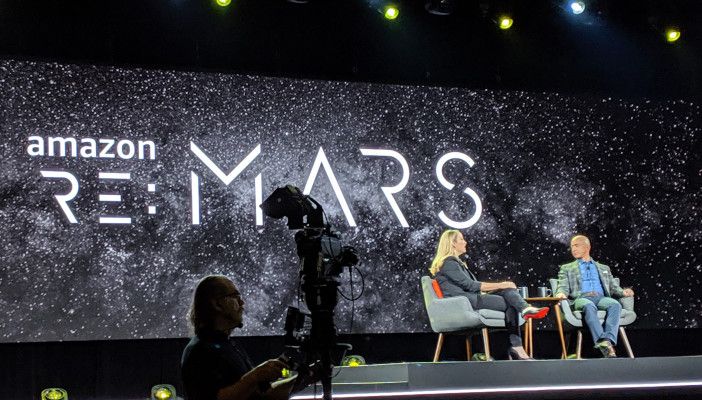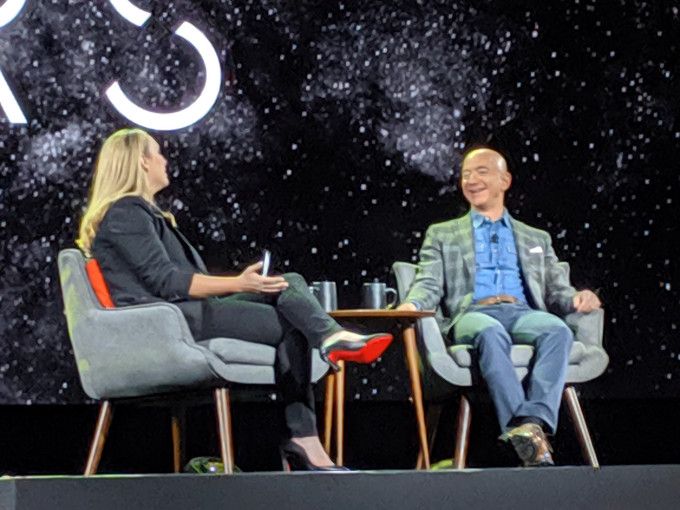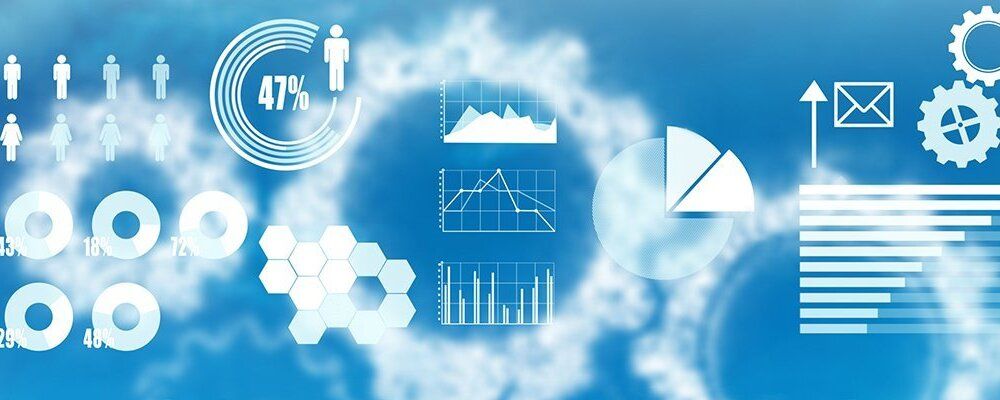Category: business – Page 238

How a United Technologies-Raytheon tie-up could make a ‘monster supplier’ and reshape the industry
The combined company, with big footprints in both the fast-growing commercial aerospace business and an increase in military spending, may be emboldened to push back on big customers like Boeing, Airbus and Lockheed Martin in terms of pricing, aftermarket work and intellectual property.
United Technologies has struck a deal to combine its booming aerospace business with defense contractor Raytheon, a surprise twist capable of rattling customers and competitors alike.
The deal would create a giant, one-stop shop with products that range from Tomahawk missiles and radar systems to jet engines that power passenger planes and the seats that fill them.
Under one roof, the companies could put more pressure on suppliers and encourage their industrial conglomerate competitors to seek deals of their own.

The age of Machine Intelligence is here: Are you ready?
Are you prepared for the Age of Machine Intelligence? That’s a time when machines anticipate consumers’ choices before they are made. That age is nearer than many people realize, according to author/futurist Mike Walsh, who said business leaders need to understand how the new reality impacts the decisions they make.
The National Automatic Merchandising Association show, held last week in Las Vegas, made an appropriate setting for Walsh’s message, given the number of exhibits and education sessions featuring artificial intelligence. While these new technologies impact many industries, the convenience services industry has experienced a significant boost in recent years thanks to AI, micro markets, cashless readers, digital signage, telemetry-based remote machine monitoring, smart sensor shelving, facial detection and voice technology.
Walsh, author of “The Dictionary of Dangerous Ideas” and CEO of Tomorrow, a consumer innovation research lab, challenged his listeners during his keynote presentation to think more creatively.

Jeff Bezos wants to build the infrastructure for space startups
At its re: Mars conference, Amazon’s CEO Jeff Bezos took the stage today to be “interviewed” by Jenny Freshwater, Amazon’s director of forecasting. As any AWS machine learning tool could have forecasted, having an employee interview her boss didn’t lead to any challenging questions or especially illuminating answers, but Bezos did get a chance to talk about a variety of topics, ranging from business advice to his plans for Blue Origin.
We can safely ignore the business advice, given that Amazon’s principle of “disagree and commit” is about as well known as it could be, but his comments about Blue Origin, his plans for moon exploration and its relationship to startups were quite interesting.

He noted that we now know so much more about the moon than ever before, including that it does provide a number of resources that make it a good base for further space exploration. “The reason we need to go to space is to save the Earth,” he said. “We are going to grow this civilization — and I’m talking about something that our grandchildren will work on — and their grandchildren. This isn’t something that this generation is able to accomplish. But we need to move heavy industry off Earth.”

The Privacy Project
Companies and governments are gaining new powers to follow people across the internet and around the world, and even to peer into their genomes. The benefits of such advances have been apparent for years; the costs — in anonymity, even autonomy — are now becoming clearer. The boundaries of privacy are in dispute, and its future is in doubt. Citizens, politicians and business leaders are asking if societies are making the wisest tradeoffs. The Times is embarking on this monthslong project to explore the technology and where it’s taking us, and to convene debate about how it can best help realize human potential.
The New York Times is launching an ongoing examination of privacy. We’ll dig into the ideas, history and future of how our information navigates the digital ecosystem and what’s at stake.
The Patent Subject Matter Reconfiguration and the Emergence of Proprietarian Norms
This paper analyses the evolution of the institution of patent by examining the normative meaning of business method patents. A business method is defined as a process of converting abstract data to useful information, to be applied in business activities. A business method patent is a patent whose claims are directed to a business method, regardless of the claim format. In recent years, the patenting of business methods in the US, Japan and in Europe has generated a global claim of controversy. Business method patenting is often seen as an example of subject matter expansion, by which process the institution of patent accommodates challenges brought forth by the increased quantity of potential subject matter. As the subject matter expansion begs the question of what is the proper boundary of the patent law, this paper attempts to answer this question by examining relevant statutes and cases, the administrative examination guidelines of the patent offices, and the claims of business method patents issued in Japan, the US and Europe. Specifically, the thesis questions whether business method patenting signifies something more than a mere accretion of a subject matter, and is a reconfiguration of patent eligible subject matter; and whether this can be justified with the instrumentalism. The paper suggests that to include business methods as a patent-eligible subject matter, courts and patent offices in the US, Japan and Europe have commonly redefined the meaning of invention of technology, from the context of physical instantiation, i.e., physical transformation, to the level of conceptual instantiation, i.e., useful information. Although they are varying in their extensiveness, as a result, the practical definitions of patent-eligible subject matter in all three regions, understood from the issued patents, court decisions and examination guidelines, reflects this change. This thesis argues that this could signify the reconfiguration of patent-eligible subject matter.
